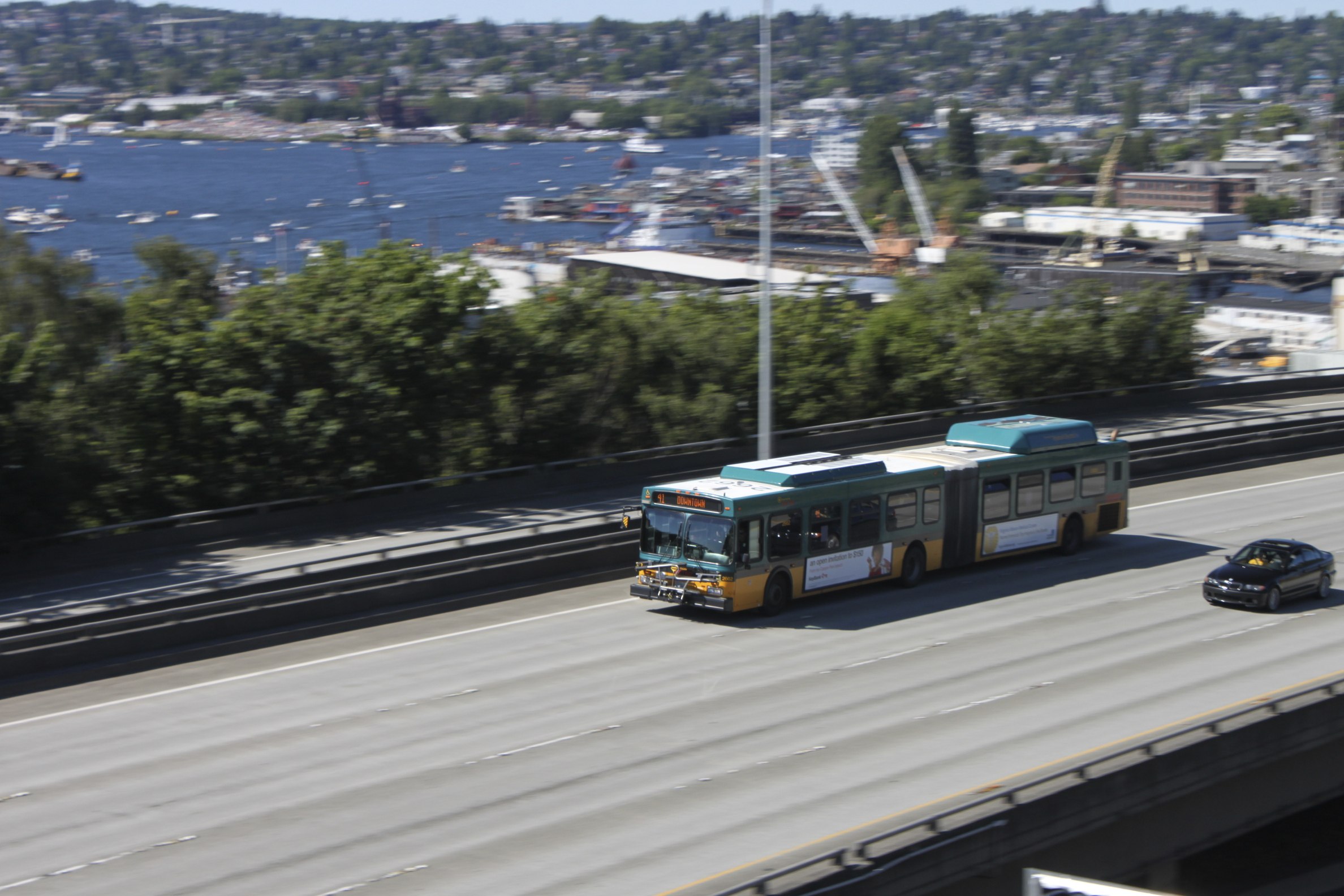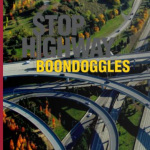
The Case Against the I-94 East-West Expansion
The proposed I-94 E-W highway expansion, estimated to cost $1 billion, is an illogical use of taxpayer dollars.
WISPIRG and 1000 Friends of Wisconsin

The COVID-19 pandemic has taken a massive toll on the health and quality of life of Wisconsinites. The pandemic has also impacted how and why we travel, underscoring changing transportation needs. COVID-19 reinforced the central role that public transit plays in serving the needs of essential workers. And many Wisconsinites are commuting less and changing their travel habits, causing transportation revenue to go down.
In September, Gov. Evers called on state agencies to cut $300 million from their current budgets. Given the strain on state and local budgets, we should cut unnecessary highway projects from the proposed 2021-2023 budget. The proposed I-94 E-W highway expansion, estimated to cost $1 billion, is an illogical use of taxpayer dollars.
Highway Expansion Doesn’t Meet 21st Century Needs
Having access to high-quality, multimodal transportation options is an important consideration for all Wisconsinites, and particularly for essential workers. The WISPIRG Foundation’s recent study, Millennials on the Move, surveyed more than 600 Wisconsin college students on 24 campuses across the state, and found that investing in public transit and walking and biking infrastructure could help Wisconsin attract and retain young adults.
Existing Infrastructure Needs Repair
Wisconsin’s transportation infrastructure is failing to meet the needs of many people across the state.
- Wisconsin’s roads are ranked 38th in the nation for road quality, according to U.S. News & World Report.
- American Road and Transportation Builders Association has found 1,054, or 7.4 percent, of our bridges to be structurally deficient.
- Four of Milwaukee’s iconic moving bridges require rehabilitation at a cost of $8 million to $13 million each.
Highway Expansion Doesn’t Fix Congestion
Expensive highway expansion projects are often justified based on the need to address future congestion. But decades of experience show that widening a highway often fails to reduce congestion:
Illinois spent $4 billion on the Tri-State Tollway Widening project, outside Chicago. The effort is a testament to the fact that you can’t build your way out of congestion. It has been widened twice, and still suffers from heavy traffic. Nevertheless, the Illinois Tollway is still moving forward
Texas spent $2.8 billion to expand Houston’s Katy Freeway, making it the widest in the world, with 26 lanes. The result: commutes got longer. By 2014 morning commuters were spending 30 percent more time in their cars, and afternoon commuters 55 percent longer.
The research is clear: Expanding highways to reduce congestion or improve safety simply does not work. Instead, such projects absorb scarce resources that could be put to use addressing more urgent transportation needs.
The proposed I-94 E-W highway expansion would not achieve its aims or meet 21st century transportation needs, and it would take money away from essential projects like fixing local roads, bridges, and investing in public transit. We should make forward-thinking investments in the maintenance of existing transportation infrastructure, as well as support vibrant, livable communities statewide by investing in public transportation, walking and biking.
Invest in Existing Local Needs
The 2019 Multimodal Local Supplement grant program received nearly 1,600 applications from cities, towns, and counties across Wisconsin. The $1.5B in requests shows an urgent need for local roads and bridges that have not been addressed.
When adjusting for inflation, State transit funding has decreased almost 10% since 2006. Wisconsin’s transit network, with an aging fleet and decreasing service, is facing a crisis. We need to help transit.
In 2015, Wisconsin ended its contribution to the Transportation Alternatives Program (TAP). This grant program is the main funder of walking and biking infrastructure for local government and helps run the Safe Routes to School program.
We ask that you use taxpayer dollars responsibly and reject the enumeration of new highway expansions that are unlikely to reduce congestion or improve traffic safety, but are sure to drive us further into debt while siphoning funds away from better investments.
Topics
Find Out More


Green schools guide

Why privacy matters – even if you’ve got nothing to hide

